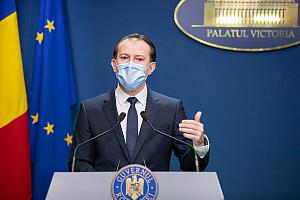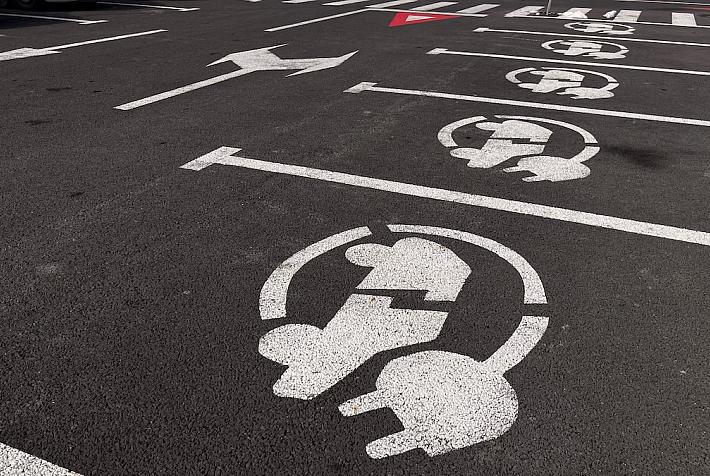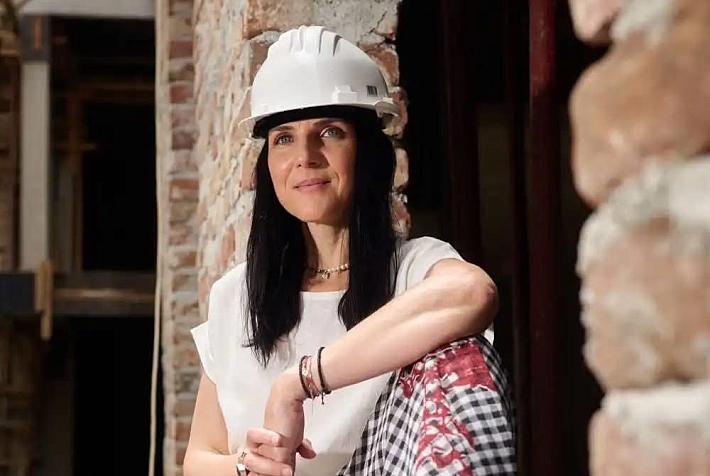GRECO: Romania’s level of compliance with recommendations no longer “globally unsatisfactory,” further action is needed

The Group of States against Corruption of the Council of Europe (GRECO) issued on January 25 a follow-up report assessing Romania's progress in anti-corruption measures in respect of parliamentarians, judges and prosecutors. The monitoring body concluded that the country's current level of compliance with the recommendations is no longer "globally unsatisfactory" but noted that further action is still needed.
GRECO found that Romania has fully implemented seven of the 13 recommendations contained in the 4th round evaluation report. "It has partly implemented three recommendations, and four recommendations remain not implemented. Regarding the ad hoc evaluation report, Romania has fully implemented three of five recommendations and has partly implemented two recommendations," reads the announcement.
The Council of Europe's anti-corruption monitoring body also noted that a "slight improvement" had been achieved with the introduction of a code of conduct for members of Parliament and the efforts made to address the lifting of immunities of MPs. However, there's still work to be done, as the transparency of the parliamentary process needs further improvements, and the use of urgent procedures should be reduced.
"Further action is also needed to address conflicts of interest, introduce rules on how MPs engage with lobbyists, and set up a system of independent counselling for MPs to seek advice on integrity matters," GRECO also said.
When it comes to judges and prosecutors, GRECO welcomed the dismantling of the special prosecutor's section for investigating offences in the judiciary, the creation of which was strongly opposed by the monitoring body.
In addition, GRECO also said that it "acknowledges that the authorities have made efforts to increase the role of the Supreme Council of Magistracy and the Judicial Inspectorate in responding to risks to the integrity of judges and prosecutors, including through training and access to information."
"The report also notes efforts to introduce new legislation for judges and prosecutors to provide for their independence. The adoption of the new Law on the Status of Judges and Prosecutors, the new Law on Judicial Organisation and the new Law on the Superior Council of Magistracy are important steps forward, which need to be followed by a number of implementing measures," said the same source.
Thus, GRECO concluded that Romania's level of compliance is no longer "globally unsatisfactory."
The Romanian authorities are expected to report to GRECO on further progress in implementing the outstanding recommendations by December 31, 2023.
The Group of States against Corruption (GRECO) is a Council of Europe body that aims to improve the capacity of its members to fight corruption by monitoring their compliance with anti-corruption standards. It helps states to identify deficiencies in national anti-corruption policies, prompting the necessary legislative, institutional and practical reforms.
irina.marica@romania-insider.com
(Photo source: Vladek/Dreamstime.com)













